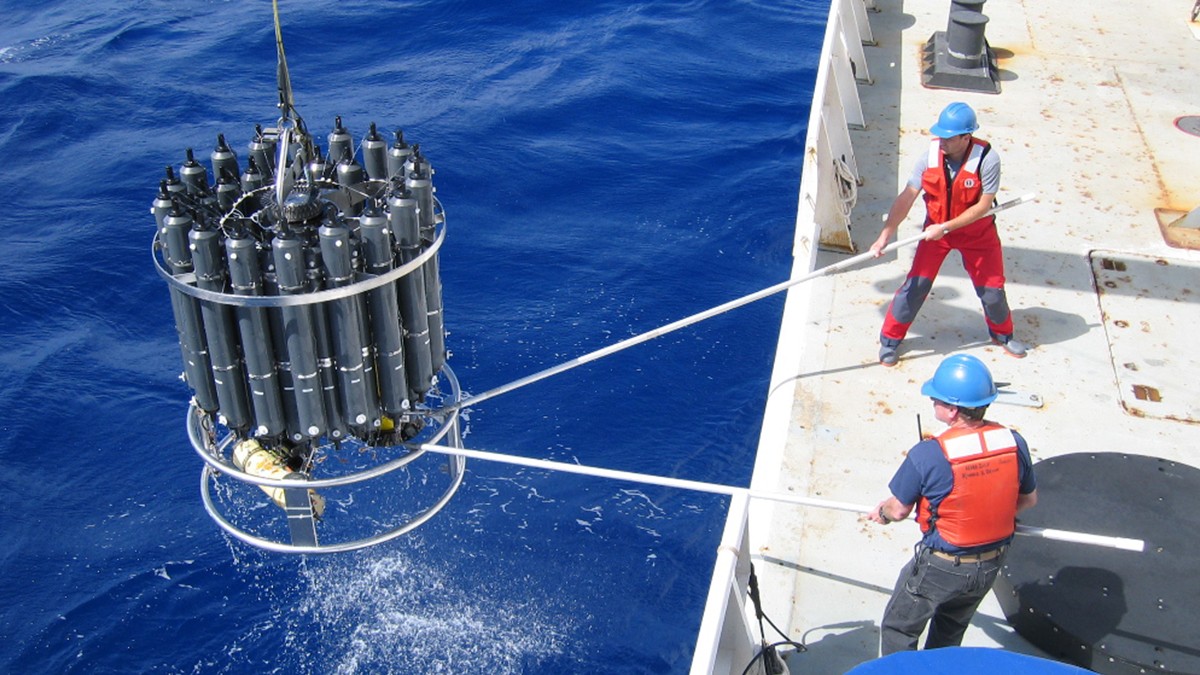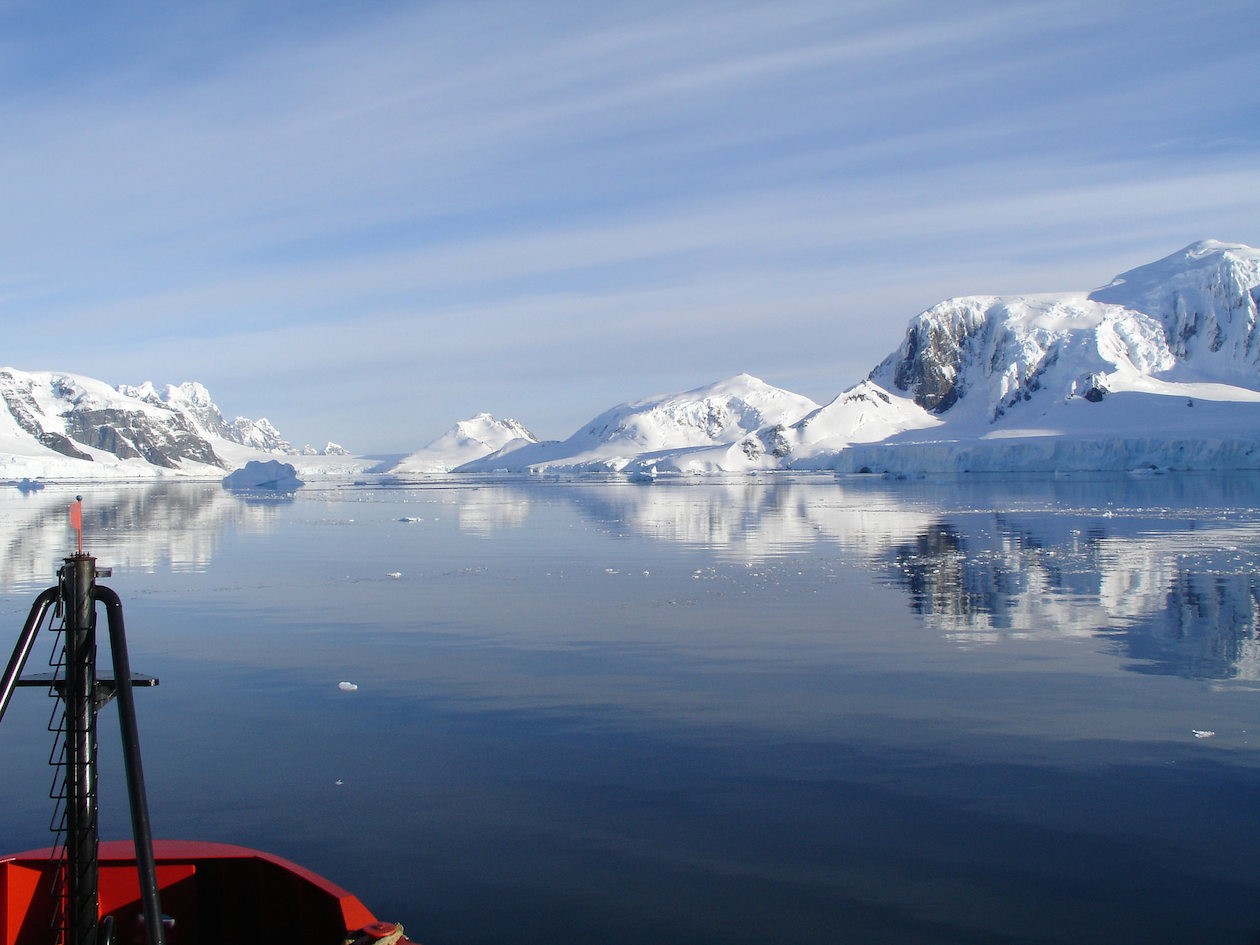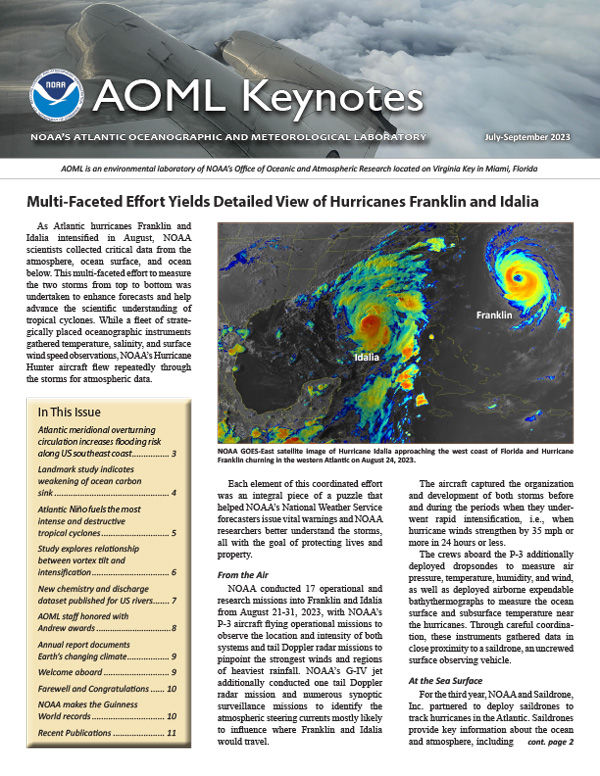One-of-a-Kind Floating Laboratories Track Marine Environmental Change
A unique collaboration between Royal Caribbean Cruise Ltd (RCL) and the University of Miami’s (UM) Rosenstiel School of Marine and Atmospheric Science is amassing an incredibly valuable dataset highlighting the intricate connection between the ocean, atmosphere and climate. Over the past 20 years UM has benefited from many scientific collaborators in this endeavor, most importantly, NASA and the National Oceanic and Atmospheric Administration (NOAA) contributing their own scientific expertise and scientific equipment.




